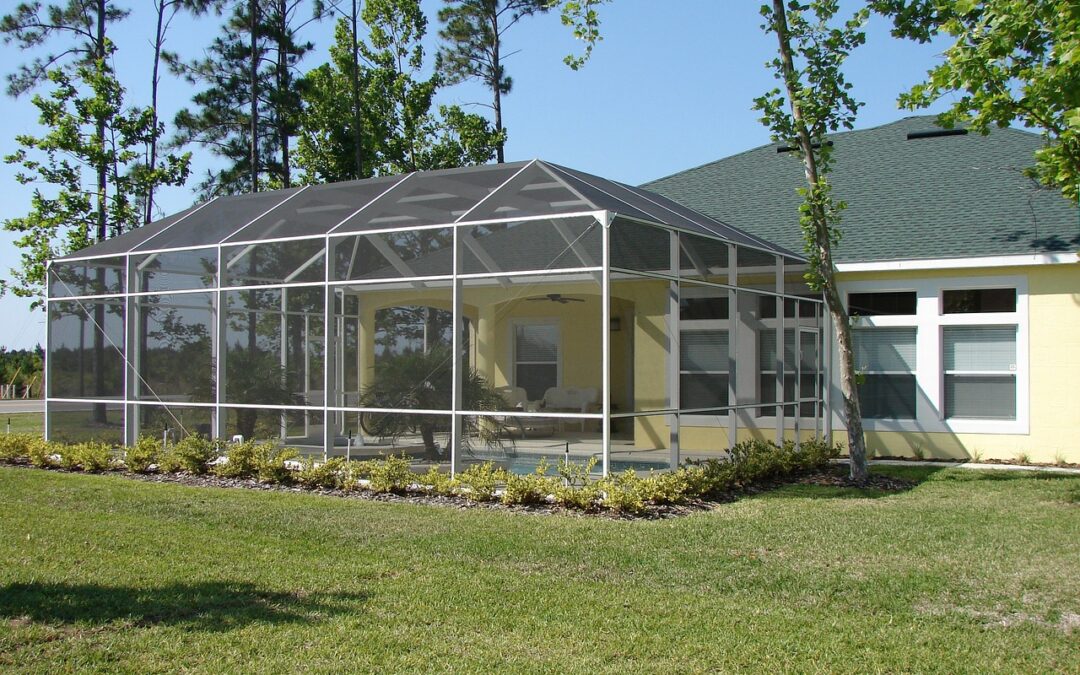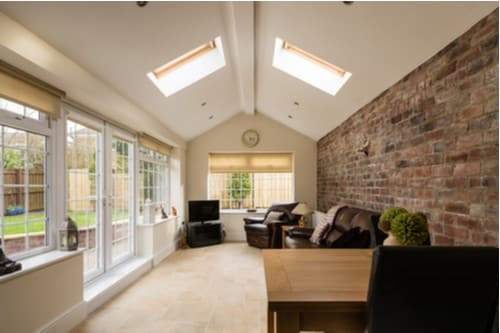In our modern era, the pervasive issue of noise pollution has prompted homeowners to actively seek out strategies for establishing serene living spaces. Soundproofing stands out among the most effective solutions, offering respite from the cacophony of the outside world. A pivotal element in crafting a soundproof haven is the selection of windows, and in this realm, vinyl windows have emerged as a notably compelling choice.
Vinyl windows have garnered substantial attention for their capacity to contribute significantly to soundproofing endeavors. This preference owes itself to their inherent insulation properties, effectively thwarting the intrusion of unwanted noise while fostering an environment of tranquility within the home. Moreover, the cost-effectiveness of vinyl windows adds to their allure, enabling homeowners to achieve soundproofing goals without breaking the bank.
Within the pages of this comprehensive guide, we explore the manifold advantages associated with employing vinyl windows as a cornerstone of your soundproofing strategy. Delving deeper, we shed light on the crucial factors that warrant consideration when selecting, ensuring a seamless integration that aligns with your needs. Furthermore, we demystify the installation process, empowering you with insights to execute the transformation confidently.
Benefits of Using Vinyl Windows for Soundproofing
Excellent Insulation Properties: Vinyl windows are known for their superior insulation capabilities. They are made from polyvinyl chloride (PVC), which has low thermal conductivity. This property helps keep your home well-insulated and significantly reduces external noise transmission into your living spaces.
Cost-Effective Solution: Compared to other window materials like wood or aluminum, vinyl windows are generally more affordable. This makes them an attractive option for homeowners seeking effective soundproofing without breaking the bank.
Low Maintenance: Vinyl windows are moisture-resistant, which helps prevent issues like warping and rotting that can affect other window materials. This low-maintenance characteristic ensures that your investment in soundproofing remains effective for years.
Customizable Styles: Vinyl windows are available in various styles, shapes, and sizes, allowing you to choose the design that matches your home’s aesthetics while still benefiting from soundproofing qualities.
Choosing the Right Vinyl Windows
Glass Thickness: When selecting vinyl windows for soundproofing, pay close attention to the thickness of the glass panes. Double or even triple-pane windows are preferable as they provide additional insulation against sound.
Gas Fills: Some vinyl windows come with gas fills between the glass panes, such as argon or krypton gas. These gases are denser than air, enhancing the windows’ insulation capabilities and effectively reducing noise transmission.
Weatherstripping and Sealing: Proper weatherstripping and sealing are crucial for ensuring sound do not leak through gaps around the window frames. Look for vinyl windows with high-quality seals to achieve optimal soundproofing results.
Professional Installation: While some homeowners might opt for DIY installation, professional installation is recommended to ensure the windows are correctly sealed and fitted. Any gaps or improper installation can significantly compromise the soundproofing effectiveness of the windows.
Frame Insulation: Besides the windows themselves, consider insulating the frames. This can be done using acoustic foam or other sound-absorbing materials to reduce sound transmission further.
Additional Soundproofing Measures
Curtains and Drapes: Complement their soundproofing properties with heavy, thick curtains or drapes once the vinyl windows are installed. These fabric barriers can absorb and block out external noise, protecting against sound infiltration.
Acoustic Panels: Placing acoustic panels on the walls around the windows can absorb and dampen sound waves, preventing them from bouncing around and entering your living spaces.
Sealing Cracks and Gaps: Regularly inspect and fill any cracks, gaps, or holes around windows, doors, and walls. Even the smallest openings can contribute to noise leakage.
Landscaping and Outdoor Barriers: Consider planting dense shrubs or installing outdoor barriers like fences to create a buffer zone between your home and external noise sources, such as roads or busy areas.
Conclusion
In conclusion, implementing soundproofing measures in your home, specifically through vinyl windows, can offer a comprehensive solution to minimize external noise disturbances and create a more peaceful living environment. Throughout this guide, we have explored the various aspects of soundproofing, highlighting the effectiveness of vinyl windows in reducing noise transmission. Homeowners can significantly enhance their acoustic insulation by considering window design, glazing options, frame construction, and professional installation.
Vinyl windows provide a versatile and cost-effective option for soundproofing, offering a balance between aesthetics, durability, and acoustic performance. They effectively break the sound transmission path, attenuating noise and creating a barrier that helps maintain indoor tranquility. The selection of appropriate glazing, such as double or triple-pane glass with sound-dampening interlayers, further enhances the soundproofing capabilities of vinyl windows.
It is essential to note that while vinyl windows play a pivotal role in reducing noise infiltration, achieving optimal soundproofing involves a holistic approach. Complementary measures like sealing gaps, insulating walls, and using sound-absorbing materials should also be considered to maximize the overall effectiveness of your soundproofing efforts.
By incorporating the insights and recommendations outlined in this comprehensive guide, homeowners can make informed decisions about soundproofing their homes with vinyl windows. A quieter, more comfortable living space awaits those who invest in these soundproofing techniques, ultimately enhancing their quality of life and creating a retreat from the external noise challenges of the modern world.






